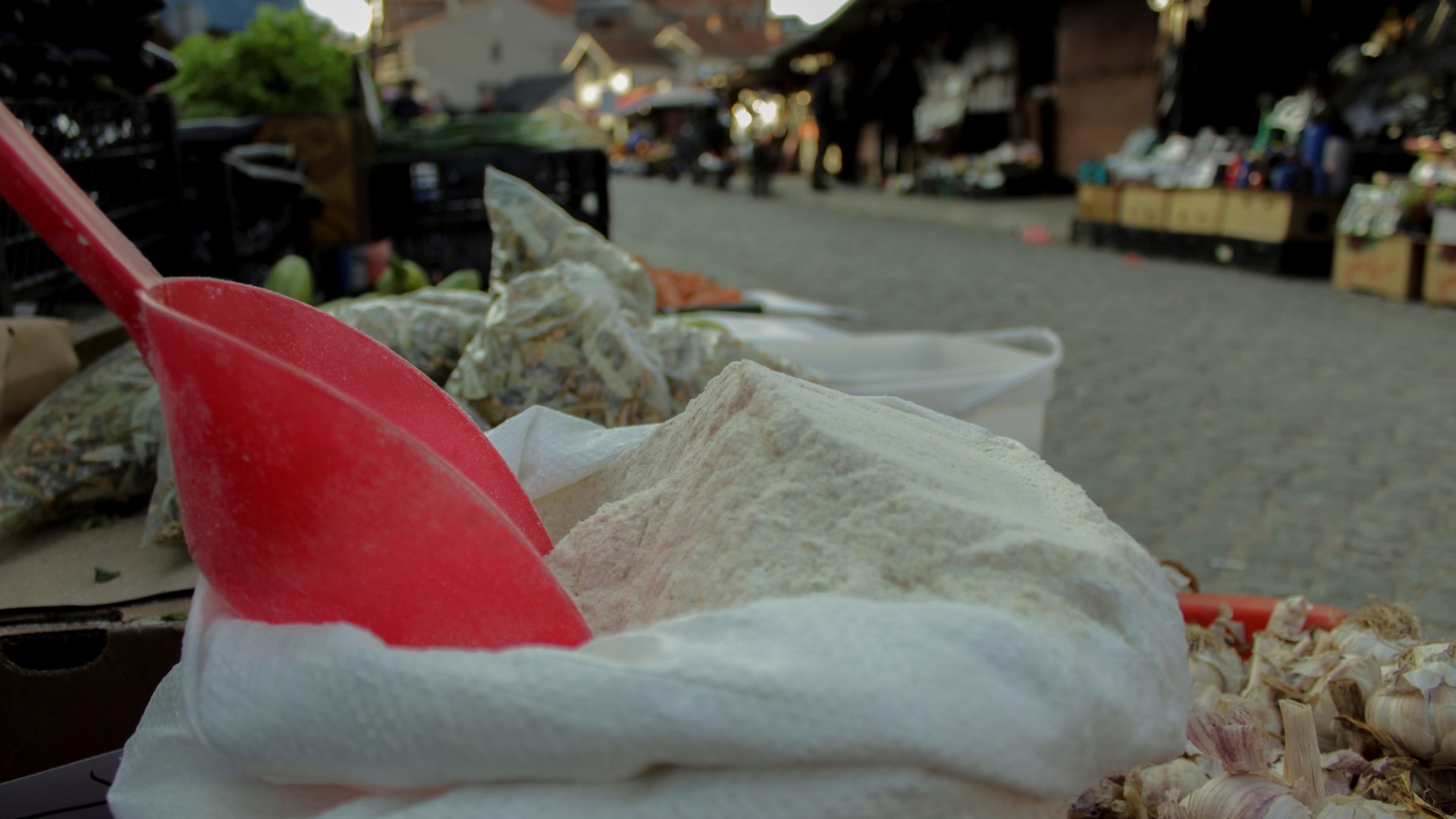
Crumbs of the government recovery package
Women, youth, Roma, Ashkali and Egyptians have not received adequate assistance.
|06.04.2021
|
"We as a family do not have a registered business, be it as crop or animal farmers."
Nuhi Berisha, studentThe package does not help women who work in the informal sector.

Fjolla Muçaj
Fjolla Muçaj has finished her Bachelor studies in social work at the University of Prishtina, spending her last academic year at the University of Applied Sciences OTH in Regensburg, Germany. There, she was involved in volunteer projects and organizations for the rights of immigrants, with a focus on the social integration of immigrant women and children in German society.
Fjolla Muçaj was part of the mentorship program within the project “Innovation for Resilient Media and Citizen Engagement” funded by the European Union Office in Kosovo and implemented by K2.0 and the GAP Institute.
This story was originally written in Albanian.